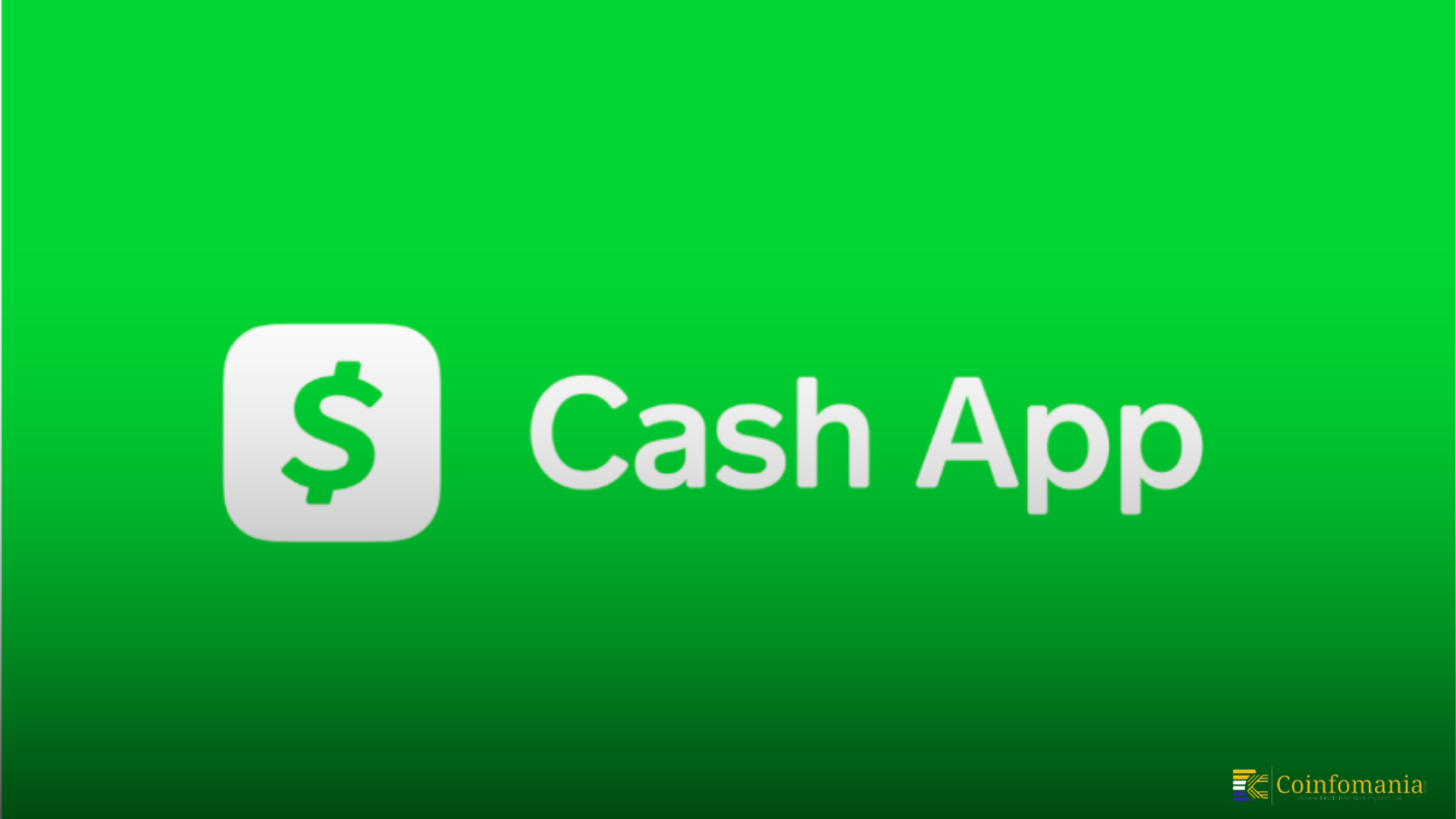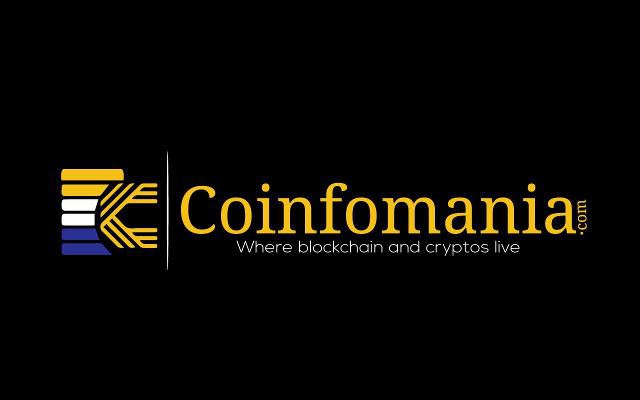Cash App’s $40M Fine: The Costly Lesson for Block Inc.
0
0

On April 10, New York State’s Department of Financial Services (DFS) made headlines by announcing that Block Inc., the parent company of Cash App, will pay a $40 million fine. The reason? Serious gaps in its anti-money laundering (AML) and crypto compliance systems. Along with the fine, the company must now bring in an independent monitor to help fix the situation.
Cash App Grew Too Fast, Controls Didn’t Keep Up
According to DFS, Block’s Cash App grew rapidly over the years, but its compliance systems didn’t grow along with it. The result? A platform that was more vulnerable to illicit financial activities. The DFS found that Block failed to keep pace with the compliance standards that companies in New York must follow.
Weak internal controls were a significant concern, especially around fiat and Bitcoin transactions. From customer due diligence to sanctions checks and spotting suspicious activity, Block fell short on several key fronts.
Massive Backlog of Suspicious Alerts
One of the more shocking findings was the size of Block’s backlog in monitoring transactions. By 2020, the company had over 169,000 unreviewed transaction alerts. That means thousands of potentially suspicious activities went unchecked for long periods.
The issue wasn’t new either. Between 2018 and 2021, Block had built up a backlog of around 18,000 alerts, and that number only kept growing. The DFS also found that from February 2021 to September 2022, the company sometimes filed Suspicious Activity Reports (SARs) over a year after those alerts were first flagged.
Failing to Flag High-Risk Transactions
Another red flag was how Block handled risky transactions, especially those involving mixers, services that make it harder to trace the origin of crypto. Despite clear regulatory guidance, Block rated these transactions as “medium” risk instead of “high,” downplaying the potential threat.
There were also failures in screening transactions with ties to terrorism. Block only flagged them after a recipient wallet had more than 10% exposure, a delay that could pose serious risks.
DFS Sends a Strong Message to Crypto Platforms
Adrienne A. Harris, the DFS Superintendent, made it clear: Every financial institution, whether a traditional bank or a crypto app, must follow strict standards to protect consumers and the transaction system.
She stressed that compliance programs must grow alongside the company. “The rapid growth of Block’s Cash App absent a robust compliance function created risk and vulnerabilities,” she said. The DFS is now stepping in with serious consequences, the fine and the appointment of an independent monitor to ensure Block gets back on track.
What Happens Next for Block?
With this order, Block now faces the challenge of rebuilding trust. The independent monitor will oversee the company’s corrective steps and help it build an effective compliance program. While Cash App remains a popular platform, this case is a reminder that in the world of finance, especially crypto, growth must be matched by responsibility.
The post Cash App’s $40M Fine: The Costly Lesson for Block Inc. appeared first on Coinfomania.
0
0
 Manage all your crypto, NFT and DeFi from one place
Manage all your crypto, NFT and DeFi from one placeSecurely connect the portfolio you’re using to start.





